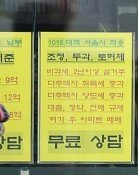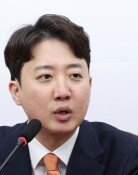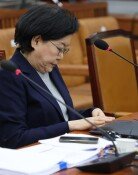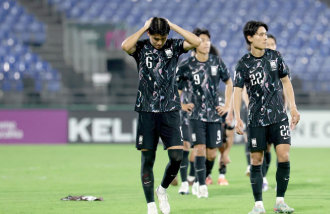ARGOS Identity Releases AI Document Recognition Service That Maximizes Work Automation Convenience
ARGOS Identity Releases AI Document Recognition Service That Maximizes Work Automation Convenience
Posted December. 19, 2024 23:10,
Updated December. 19, 2024 23:13
ARGOS Identity (CEO Won-gyu Lee), an AI-based identity platform company, announced on the 23rd that it has launched 'Textify,' a service capable of interpreting and verifying documents in the user’s desired format, regardless of document type or language.
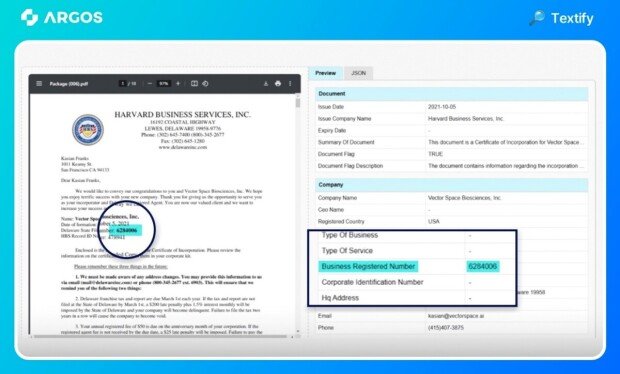 (source: ARGOS)
(source: ARGOS)
The demo version of Textify has also been released and is available for direct viewing on the ARGOS website.
Textify is a service that extracts text from unstructured documents and accurately matches it to the desired format. It is particularly beneficial for companies that need to receive documents externally and manually input the values from those documents into their systems. With Textify, users can eliminate the labor-intensive process of reading text and entering information manually, thereby maximizing the convenience of task automation.
In addition, Textify allows users to specify a document or template easily. Once the desired template is set, it can be applied to the user’s service within just a few days. The key feature of Textify is its ability to recognize documents without limitations on format or language, and it achieves immediate recognition without requiring prior data training. Users can extract different data depending on the template applied to the same document, making it versatile for multiple purposes.
Once text recognition is complete, Textify also offers a feature to generate and provide a summary through AI. Moving forward, ARGOS plans to continually enhance the service by incorporating user feedback and making improvements.
Won-gyu Lee, CEO of ARGOS, stated, “Unlike traditional OCR technology, Textify is expected to offer practical solutions to users by enabling text extraction and interpretation in their desired formats. ARGOS will continue to expand verification services related to digital identity.”
Meanwhile, ARGOS Identity offers 99.996% accuracy, as verified by KISA, and Level 2 technology compliance according to ISO 30107 standards. Currently, ARGOS provides services to companies and customers in 11 countries, including the United States, Korea, Switzerland, Germany, Singapore, and Hong Kong.
By Moon-kyoo Lee (munch@itdonga.com)

The demo version of Textify has also been released and is available for direct viewing on the ARGOS website.
Textify is a service that extracts text from unstructured documents and accurately matches it to the desired format. It is particularly beneficial for companies that need to receive documents externally and manually input the values from those documents into their systems. With Textify, users can eliminate the labor-intensive process of reading text and entering information manually, thereby maximizing the convenience of task automation.
In addition, Textify allows users to specify a document or template easily. Once the desired template is set, it can be applied to the user’s service within just a few days. The key feature of Textify is its ability to recognize documents without limitations on format or language, and it achieves immediate recognition without requiring prior data training. Users can extract different data depending on the template applied to the same document, making it versatile for multiple purposes.
Once text recognition is complete, Textify also offers a feature to generate and provide a summary through AI. Moving forward, ARGOS plans to continually enhance the service by incorporating user feedback and making improvements.
Won-gyu Lee, CEO of ARGOS, stated, “Unlike traditional OCR technology, Textify is expected to offer practical solutions to users by enabling text extraction and interpretation in their desired formats. ARGOS will continue to expand verification services related to digital identity.”
Meanwhile, ARGOS Identity offers 99.996% accuracy, as verified by KISA, and Level 2 technology compliance according to ISO 30107 standards. Currently, ARGOS provides services to companies and customers in 11 countries, including the United States, Korea, Switzerland, Germany, Singapore, and Hong Kong.
By Moon-kyoo Lee (munch@itdonga.com)



